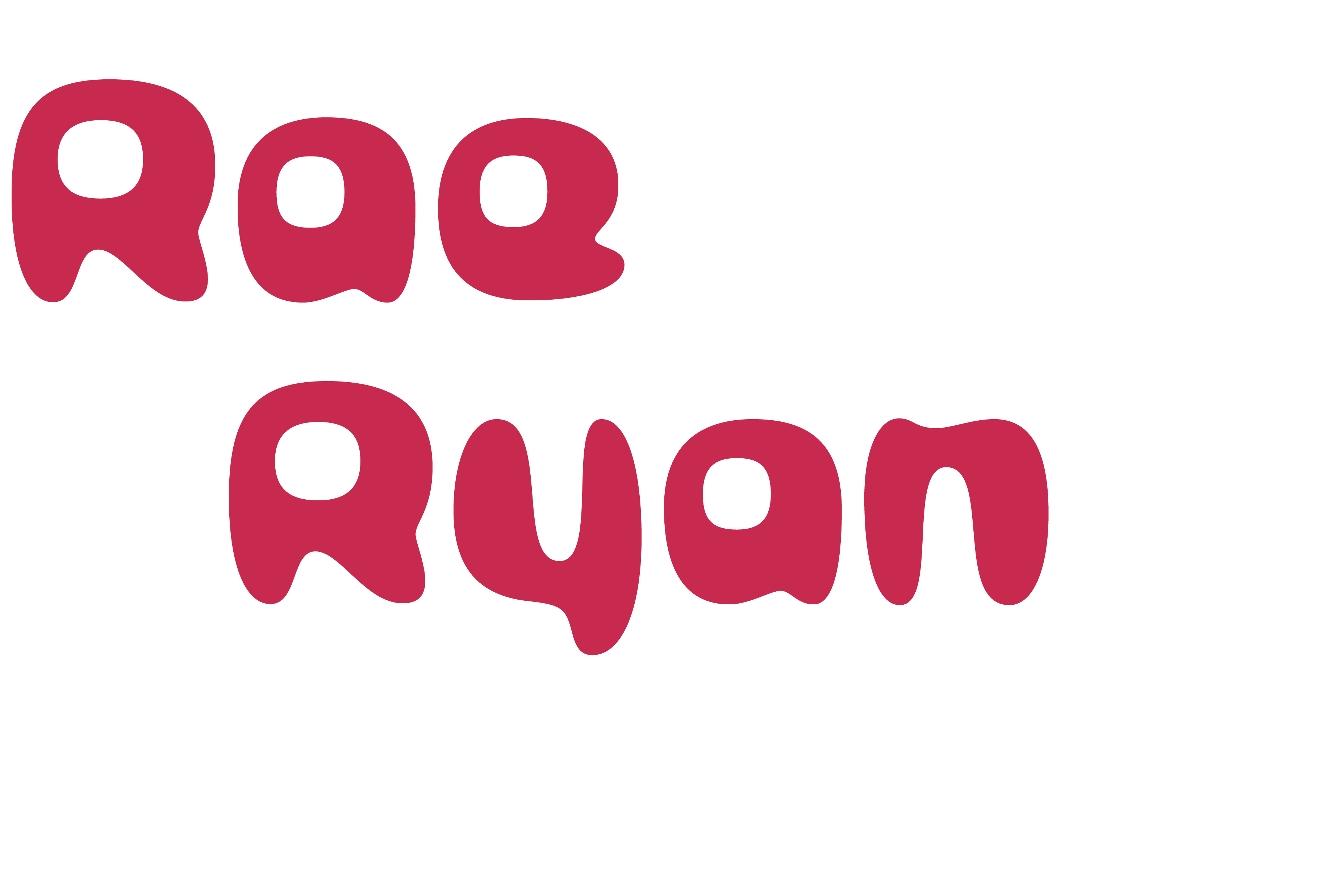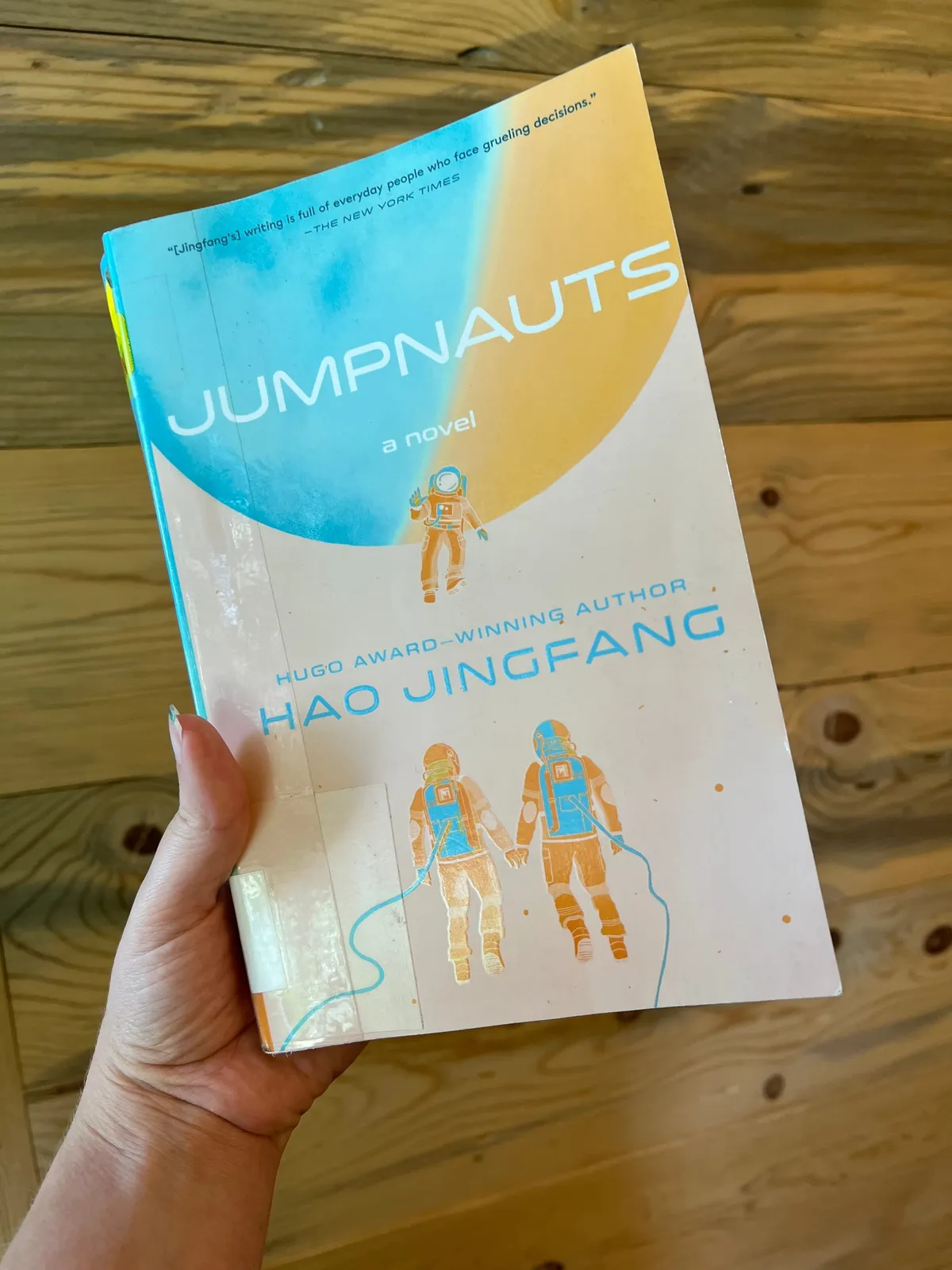Content warning: War
The book Jumpnauts by Hao Jingfang was initially written in Chinese and later translated to English by Ken Liu. The translation notes were very interesting and worth reading before jumping into the book. Ken Liu discusses why he chose not to translate certain words and how naming conventions are used in the book.
The story takes place in a divided future world on the brink of war. The story involves three main characters. Driven by her father’s unfinished work, anthropologist Yun Fan embarks on a quest to contact an alien civilization. Jiang Liu, born into a wealthy family, dedicates himself to compensating for his family’s affluence by establishing a clandestine network of everyday people affected by war and poverty, united in assisting one another. He hides his guilt behind a jovial, teasing personality. Qi Fan is a military man, and the future version of a bio-hacker, forever trying to become the perfect soldier. Both men are interested in Yun Fan and hate each other.
When the three of them detect an extraterrestrial signal from space, they come together and agree to initiate first contact. Along the way, they confront their demons to build a better, collective future for humanity.

The story is slower paced and reminds me of The Three-Body Problem with its deep exploration of philosophical ideals posited by Chinese philosophers. I found this to be very interesting. I know next to nothing about Chinese philosophers, and I learned way more than I was expecting. It took me a while to finish the book because it’s not something I could read when I was tired or distracted. I wanted to understand the concepts and philosophy instead of glossing over them.
In her portrayal of the ship and the aliens, Hao Jingfang offers a captivating account of the universe’s origins and the evolution of civilizations. We also learn about how the aliens influenced human evolution through time.
There are moments of quick moving plot and sections of long exposition. The pacing and style differ from most western best-sellers, so don’t expect a fast-paced, save the cat story structure. We’re delving into ideas here. I enjoy reading translated text because the books are immersed in the writer’s culture, a culture that differs from my own.

Who should read this book? If you liked The Three-Body Problem, you will like this book. You’ll also like this if you’re open to non-western writing styles and stories, and you enjoy philosophical discourse.
/rae ryan/


